Session 2: Accelerating Onshore Wind Energy Adoption in India
Global Wind Day Celebration
Objectives:
Accelerating onshore wind energy adoption in India is not just a strategic move; it’s a critical imperative for achieving multifaceted national objectives of self-reliance in energy security and Net Zero 2070 commitments. Firstly, it directly contributes to enhancing energy security by diversifying the energy mix and reducing dependency on fossil fuels, thereby mitigating the risks associated with fuel price volatility and supply disruptions. Given India’s ambitious energy targets and the growing demand for electricity, particularly in rural areas, the scalability and reliability of onshore wind power make it a cornerstone of the country’s energy security strategy.
The objectives of the session are to explore new growth drivers to accelerate wind project investments and wind power offtakes within the states and by the C&I segment. Further, explore the export opportunities for the Indian OEMs in the global market
Speakers Detail
Moderator
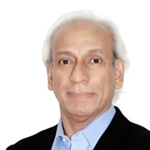 Reji Kumar Pillai Reji Kumar Pillai
President, ISGF |
Panellist
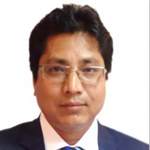 Shri Pradeep Kumar Das, Shri Pradeep Kumar Das,
CMD, IREDA |
Panellist
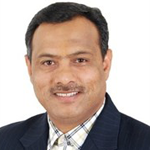 Shri. Milind Kulkarni, Shri. Milind Kulkarni,
COO and Head – Wind, Adani |
Panellist
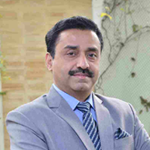 Shri. Kishor Nair, CEO & Director, Avaada Energy Shri. Kishor Nair, CEO & Director, Avaada Energy |
Panellist
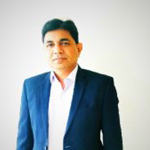 Shri. Abhay Yagnik, Sr. Vice President, Business Development, JSW Energy Limited Shri. Abhay Yagnik, Sr. Vice President, Business Development, JSW Energy Limited |
Panellist
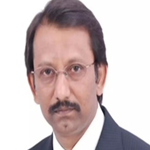 Shri. UB Reddy, MD, Enerfra Projects (India) Private Limited Shri. UB Reddy, MD, Enerfra Projects (India) Private Limited |
Panellist
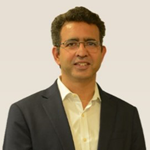 Shri. Parag Sharma, CEO, O2 Power Shri. Parag Sharma, CEO, O2 Power |
|
|
Moderator:
- Shri Reji Kumar Pillai, President, India Smart Grid Forum
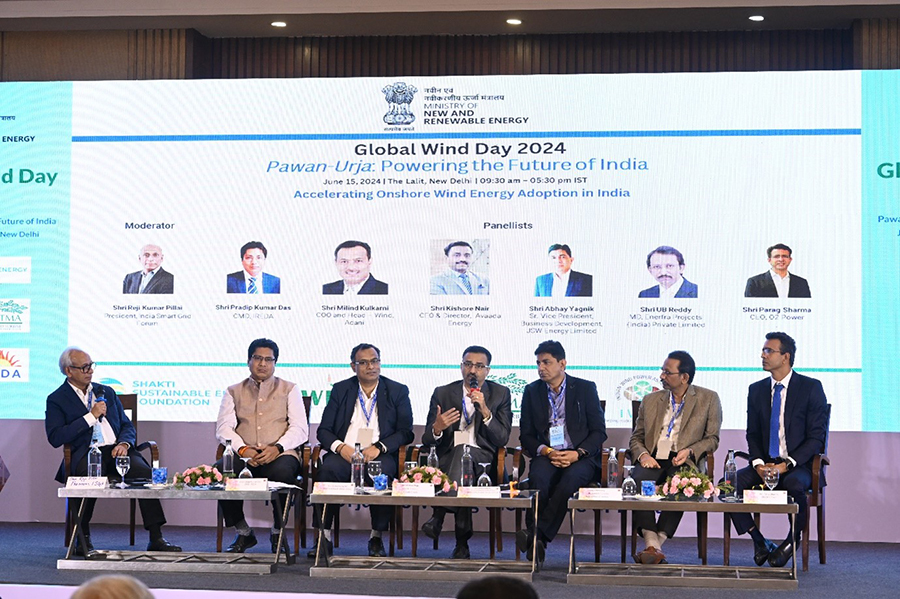
Panel Discussion Highlights:
Shri Pradip Kumar Das, CMD, IREDA:
- Emphasized that IREDA promotes, develops, and extends financial assistance for Renewable Energy and Energy Efficiency/Conservation Projects.
- Highlighted that 35% of total renewable financing support in India comes from IREDA.
- Announced that IREDA will support as much as possible in the development of offshore wind energy projects in India.
- IREDA will provide financial support at a much cheaper rate than the market to help in speeding up the process.
- IREDA to provide project-specific short-term loans for EPC projects.
- Financial support will be at least 0.1% lower rate of interest than the market and 1-month early disbursal compared to other market players.
- Discussed the potential for wind energy in Orissa, noting the challenges of lower wind speeds and harsh state policies from a developer’s perspective.
Shri Milind Kulkarni, COO and Wind Head, Adani:
- Addressed the challenges of land development for onshore wind power projects, including site accessibility and ROW issues.
- Emphasized the need to focus on increasing the capacity of wind turbines by enhancing hub heights, increasing rotor diameters, and supporting the production of large-capacity prototype turbine models with government backing.
Shri Kishore Nair, CEO and Director, Avaada Energy:
- Highlighted the transition from a Feed-in Tariff mechanism to a tariff-based competitive bid mechanism.
- Stressed the need for a Round-The-Clock (RTC) mechanism and consistent policies to accelerate and encourage wind energy developers.
- Mentioned grid stability as a concern for the development of wind energy in India.
Shri Abhay Yagnik, Sr. Vice President, Business Development, JSW Energy Limited:
- Pointed out high Deviation Settlement Mechanism (DSM) charges as a major concern for wind energy developers, attributing it to:
- Very strict Central Electricity Regulatory Commission (CERC) regulations.
- Unpredictable weather conditions causing high deviations.
- High penalties levied by the CERC.
Moderator Shri Reji Kumar Pillai asked about wind turbine failure due to temperature issues
Shri UB Reddy, MD, Enerfra Projects (India) Private Limited:
- Addressed the concern of wind turbine failure due to temperature issues, explaining that ambient temperature is not a concern as turbines are designed according to IEC regulations (-10˚C to 40˚C).
- Noted that the high temperatures recorded at ground level (50-55˚C) do not affect turbines at nacelle height (100-150 m), where the temperature reduces to around 40˚C.
Shri Parag Sharma, CEO, O2 Power:
- Suggested that grid operators, not developers, should balance the power market as they can manage the load coming from various sources (wind, solar, battery storage, etc.).
- Called for the implementation and rigorous discussion of the Contracts for Difference (CfD) mechanism to support the faster development of onshore and offshore wind energy.
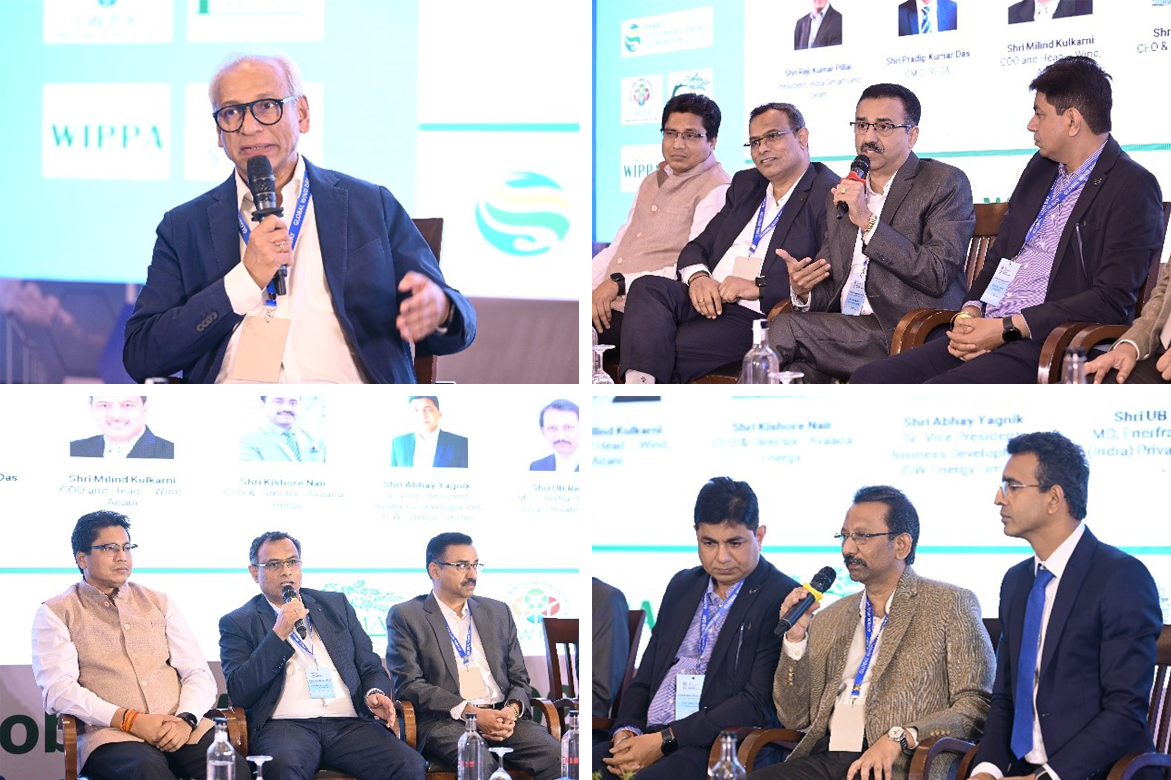
 Reji Kumar Pillai
Reji Kumar Pillai Shri Pradeep Kumar Das,
Shri Pradeep Kumar Das, Shri. Milind Kulkarni,
Shri. Milind Kulkarni, Shri. Kishor Nair, CEO & Director, Avaada Energy
Shri. Kishor Nair, CEO & Director, Avaada Energy Shri. Abhay Yagnik, Sr. Vice President, Business Development, JSW Energy Limited
Shri. Abhay Yagnik, Sr. Vice President, Business Development, JSW Energy Limited Shri. UB Reddy, MD, Enerfra Projects (India) Private Limited
Shri. UB Reddy, MD, Enerfra Projects (India) Private Limited Shri. Parag Sharma, CEO, O2 Power
Shri. Parag Sharma, CEO, O2 Power
